I often receive emails from professionals asking me if they should go for the PMP certification or the CAPM certification. They are interested in learning which qualification would best advance their careers.
Therefore, to provide them with a comprehensive response, I have decided to write this PMP Vs CAPM blog post.
In this post, I will explain CAPM Vs PMP certifications, eligibility requirements, etc.
Let’s get started.
PMP Vs CAPM
Project Management Institute (PMI), based in the United States, is the organization that confers the PMP and CAPM certifications, both of which are geared toward assisting professionals in advancing their careers in project management.
The Project Management Professional (PMP) certification was introduced in 1984, and the Certified Associate in Project Management (CAPM) certification was launched in 2003.
Both credentials give people in the project management field valuable insight into project management and introduce them to new employment prospects.
Though the same institute offers both certifications in project management, the target audience for the PMP and CAPM certifications is different.
Before we move on to the difference between these two certifications, let us understand the PMP and CAPM certifications.
What is the PMP Certification?
The PMP stands for Project Management Professional and is for professionals with experience in the project management profession. This certification is awarded after passing a rigorous computer-based examination in a controlled environment.
There is a three-year window during which the PMP certification can be used. You need to earn sixty professional development units (PDUs) and then report those to the Project Management Institute.
Failing to do so will suspend your certification for one year. At this time, you must earn and submit 60 PDUs; otherwise, your PMP credential will expire, and you will have to re-apply to become a PMP.
What is the CAPM Certification?
Certified Associate in Project Management (CAPM) is the abbreviation for this credential. Professionals who have little to no experience in project management but are interested in advancing their careers in the field can benefit from earning this certification.
This certification is awarded after a professional pass the computer-based certification exam in a controlled environment.
There is a three-year window during which the CAPM certification can be used. You must acquire 15 PDUs and report them to the PMI to keep your certification active for another three years.
If you fail to provide evidence of completing these PDUs, your CAPM certificate will be revoked for one year. At this time, you are required to acquire and submit a total of 15 PDUs; failing to do so will result in the expiration of your CAPM credential, at which point you will be required to submit a new application to become a CAPM.
Now that you know the PMP and CAPM certifications details, let’s discuss the differences between these two certifications.
What’s the Difference Between CAPM and PMP
The CAPM is considered an entry-level certification, but the PMP is considered a professional-level certification. The requirements for the CAPM test are less stringent than those for the PMP exam, and the CAPM exam itself is less difficult to pass than the PMP exam.
A PMP certification, however, is more widely recognized and may help you earn higher pay.
These were some key differences between CAPM and PMP. Now let’s delve deeper.
PMP Vs CAPM: Eligibility Requirements
The CAPM eligibility requirements are more lenient than the PMP requirements.
Let’s start with the educational requirements.
The minimum educational qualifications are the same for both certifications. You must have a secondary diploma (high school diploma or global equivalent).
There is no difference between the PMP and CAPM certification regarding educational qualifications.
Now we come to experience.
The CAPM certification requires no experience.
The PMP certification requires project management experience according to your educational qualifications.
- If you have a secondary degree (high school diploma), you must have five years of project management experience in the last eight years.
- If you have a four-year degree, you must have three years of project management experience in the last eight years.
- If you have a bachelor’s or postgraduate degree, you must have two years of project management experience in the last eight years.
The last eligibility requirement for both certifications is formal project management education.
Regardless of your educational background or professional experience, you are required to participate in a training program to earn one of these certificates.
For the CAPM certification, you must attend a 23 contact hours CAPM training program, and for the PMP exam, you must attend a 35 contact hours PMP training program.
If you are an active CAPM, you won’t have to attend a PMP training program; you can directly apply for the PMP exam.
PMP Vs CAPM: Exam Fee
The CAPM certification exam fee is cheaper than the PMP certification exam fee.
The fee for the CAPM certification exam is 300 USD for non-PMI members and 225 USD for PMI members. If you fail the CAPM exam, the reexamination fee for PMI members is 200 USD and 150 USD for PMI members.
The fee for the PMP certification exam is 555 USD for non-PMI members and 405 USD for PMI members. The reexamination fee for PMI members is 375 USD and 275 USD for PMI members.
So, the PMP exam is costlier than the CAPM exam.
PMP Vs CAPM: Exam Structure
The CAPM exam has 150 multiple-choice questions, and the duration is three hours. The exam has no scheduled breaks. However, if you take a break, it will be counted towards your exam time.
But, if you are attempting the exam from home, no breaks are allowed. Even chewing gum is not permitted.
The CAPM exam will test your understanding of the PMBOK Guide. There is no negative marking, and each question carries one mark.
The PMP exam has 180 questions, and the duration is 230 minutes. In the exam, you will see four types of questions:
- Multiple choice with a single response
- Multiple choice with multiple responses
- Fill in the blanks
- Answer selection
The exam is broken up into three parts, with two breaks of ten minutes each. After you have finished the 60th question and checked all of your answers, you will see the first break appear on the screen. After completing the 120th question and answer, you will be allowed to take a second break.
Be aware that once you have finished reviewing your answers and have begun your break, you will not be able to return to the questions from the test section that came before it.
When you return after the break, you will have the remaining allotted time to complete the next part. In total, you will have 230 minutes to answer 180 questions.
The exam is preceded by a tutorial, and it is followed by a survey; both of these components are completely voluntary and can take anywhere from 5 to 15 minutes to finish. The time allotted for the examination does not take into account the time spent on the tutorial or the survey.
The PMP exam is based on the PMP exam content outline and tests your knowledge under real-world situations. There is no negative marking, and each question carries one mark.
PMI does not disclose the passing marks for PMP and CAPM certification exams.
PMP Vs CAPM: Certification Renewal
Both certifications require renewal every three years.
For the CAPM certification, you must earn 15 PDUs every three years and report to PMI to renew your CAPM certification for the next three years.
For the PMP certification, you must earn 60 PDUs every three years and report to PMI to renew your PMP certification for the next three years.
If you do not successfully renew your certification within the allotted time, you will have your certificate revoked for one year. You are required to earn and report your PDUs to PMI at this time. If you do not submit PDUs during this suspension time, your certification will be revoked, and you will need to retake the certification exam to reclaim the credential. If you do not submit PDUs, your certification will expire.
PMP Vs CAPM: Target Audience
The PMP and CAPM certifications have different target audiences.
According to the PMI, “If you’re an experienced project manager, responsible for all aspects of project delivery, leading and directing cross-functional teams, then the PMP is the right choice for you.”
The CAPM certification is for professions with little or no project management experience.
According to the PMI, “Regardless of your career stage, the Certified Associate in Project Management (CAPM)® is an asset that will distinguish you in the job market and enhance your credibility and effectiveness working on — or with — project teams.”
PMP Vs CAPM—Which One is Better?
Because of the different audiences these two certifications serve, you cannot compare these two certifications.
Experienced professionals go for the PMP certification, and professionals who have just started their careers can go for CAPM certification.
If you don’t have experience in project management, you cannot apply for the PMP exam, so your only choice is the CAPM certification.
However, the PMP certification is the best route to take if you already have the necessary experience managing projects.
Here is where this post comes to an end. However, before we conclude, let’s go through a few frequently asked questions.
Jobs Opportunities for CAPM Vs PMP Certification Holders
Since the CAPM certification is for entry-level professionals, with this certification, you can qualify for posts like assistant project manager, project expeditor, project coordinator, etc.
The PMP certification qualifies you for a full-time position as a project manager. You can manage an individual project or project under a program or portfolio.
CAPM Vs PMP Salary
PMP holders make more than CAPM holders.
The average US salary for CAPM holders is 67,000 USD, and for PMP holders, it is 110,000 USD, according to Payscale (1,2).
A Few FAQs on PMP Vs CAPM
#1. Which Exam is Tougher?
Passing either of these exams is not easy. If you compare the level of difficulty of the PMP certification test to that of the CAPM certification exam, you will find that the CAPM certification exam is far easier.
This is because the CAPM exam is based on the PMBOK Guide, and if you understand only one guide, you will pass the exam.
On the other hand, the PMP exam will evaluate you using real-world scenarios and principles from the PMBOK Guide, making it a more difficult test.
#2. Can I Upgrade to the PMP from the CAPM?
Once you have earned the required experience, you can apply for the PMP exam. Being an active CAPM, you won’t be required to attend any training.
After applying for the exam, you will have to pass it.
There is no other concession except for the relaxation of the training requirements.
#3. Which Certification is suitable for Me, CAPM or PMP?
It is an easy question. If you have no project management experience, choose the CAPM certification. However, if you are an experienced professional, you should go for the PMP certification.
Benefits of the CAPM and PMP Certifications
The PMI (Project Management Institute) USA offers CAPM and PMP certifications to project professionals.
The CAPM certification shows that the certification holder understands the project management process flow and has a good understanding of the PMBOK Guide and Agile Guide.
The Project Management Professional (PMP) certification demonstrates that the holder has experience managing difficult projects according to the standards set by the industry.
If you are starting your career in project management, the CAPM certification can help you grow your career.
In addition, the Project Management Expert (PMP) certification can propel your career to the next level if you are an experienced professional.
CAPM Vs PMP Comparison Table
The following table shows the CAPM Vs PMP comparison.
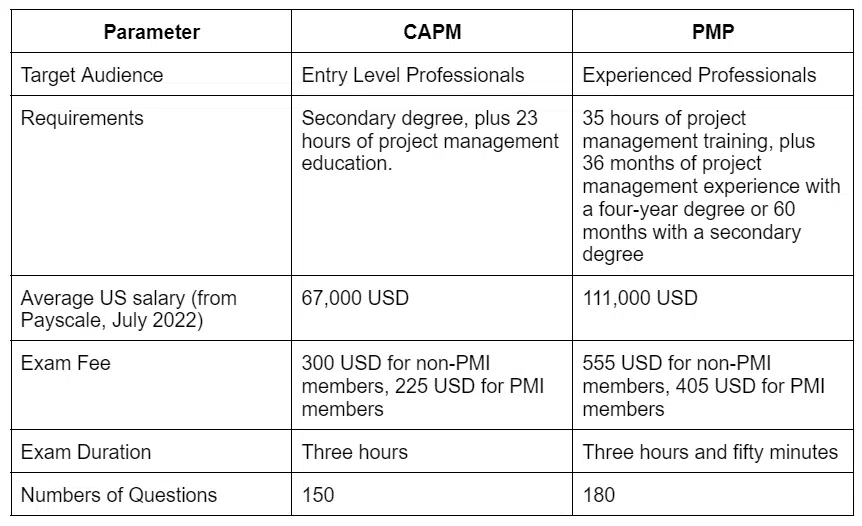
Summary
The Project Management Professional (PMP) credential was created to assist project professionals in learning the most effective methods from around the world. Then, the CAPM was introduced to facilitate entry into project management professions for novices and for professionals who don’t have project experience.
Both credentials are valuable in their own right and can help holders advance more quickly in their chosen fields.
You should apply for the PMP exam if you are a seasoned professional; however, if you do not have a project experience, you should pursue the CAPM certification instead. Both certificates offer the same level of benefit to their respective audiences.
Here is where this post on PMP Vs CAPM ends. If you have any questions, feel free to ask them in the comments section, and I will do my best to answer them.

I am Mohammad Fahad Usmani, B.E. PMP, PMI-RMP. I have been blogging on project management topics since 2011. To date, thousands of professionals have passed the PMP exam using my resources.

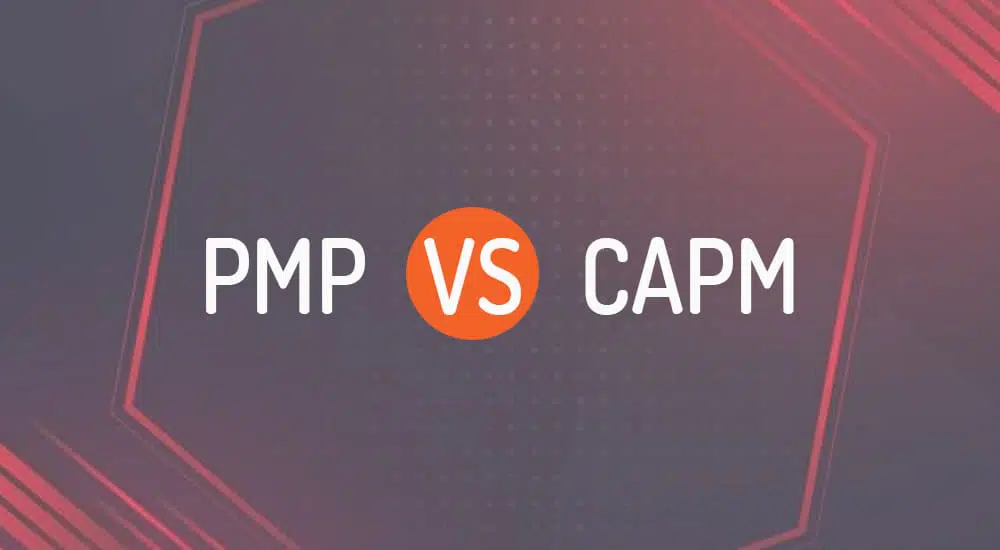
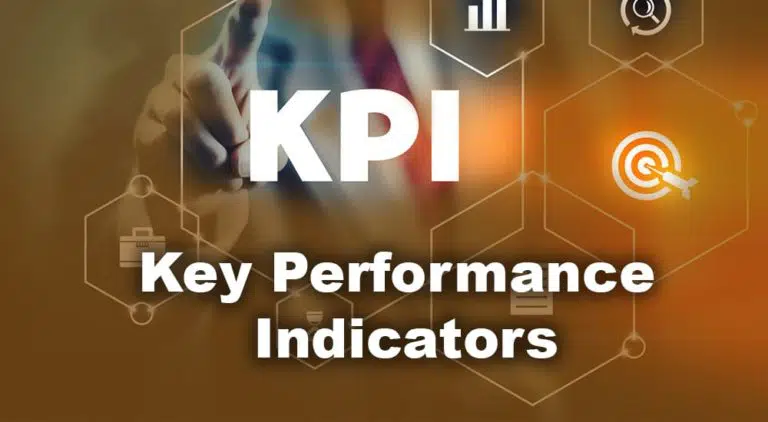
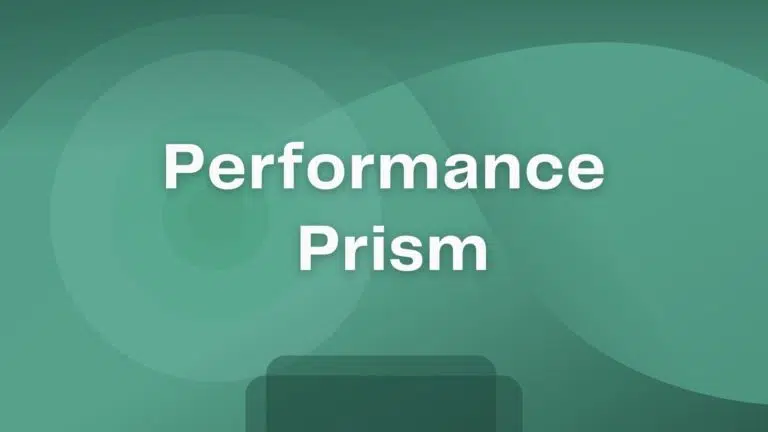

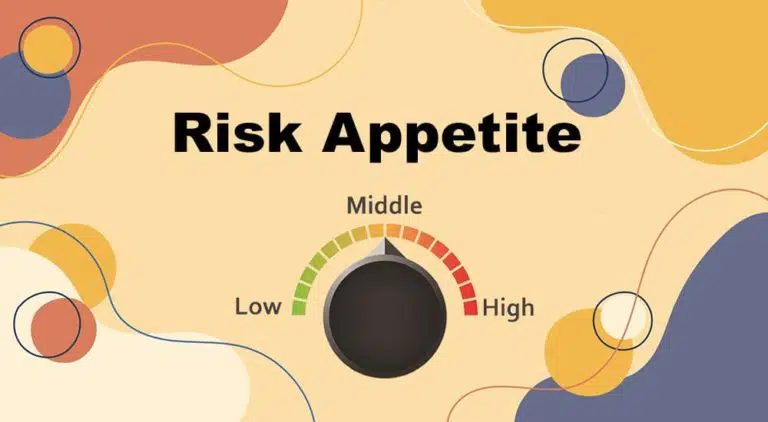
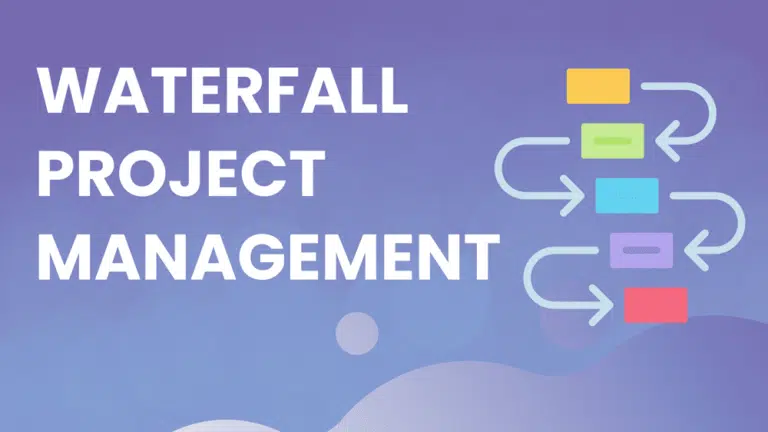

I’m a final year undergraduate student.Can I start my preparation now and appear for my exam just after my graduation without any work experience?
For the CAPM exam, yes you can.
However, for the PMP exam, you must need project management experience.
CAPM is valid five (5) years. Not 3.
And renewal requires to take the exam again. There are no PDU.
I stopped reading after the first paragraph. You’re giving false information. Shame on you.
The information given in this blog post is correct and updated. Please refer to the latest CAPM handbook for more details.
What you are saying was correct until 24 September 2020.
Good Article
Keep moving forward, you are doing Good Job for us ,we live different continent,Different Countries, and Regions ,we wait Your upcoming Articles and we thanked you.
Personally i request to talk about Prince2